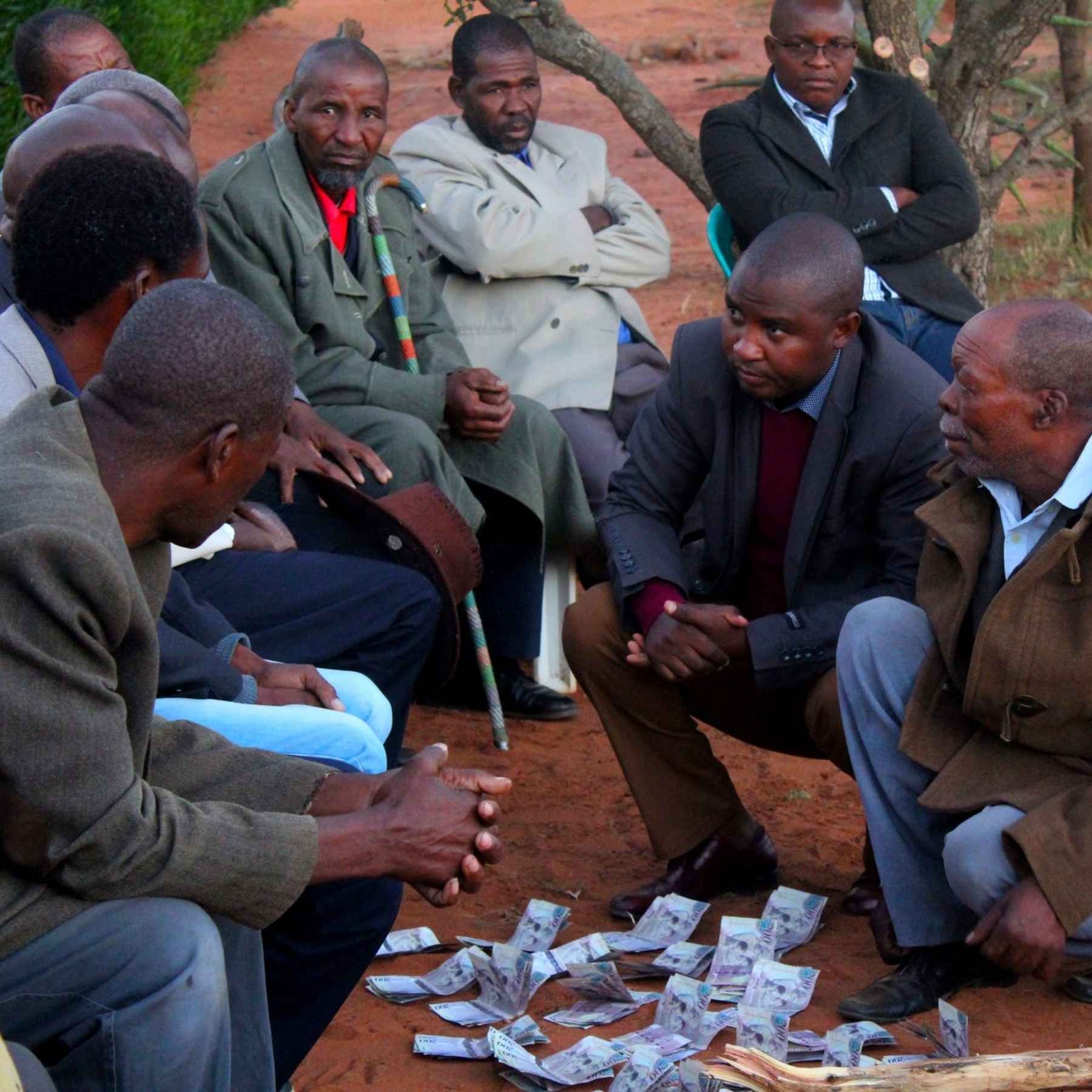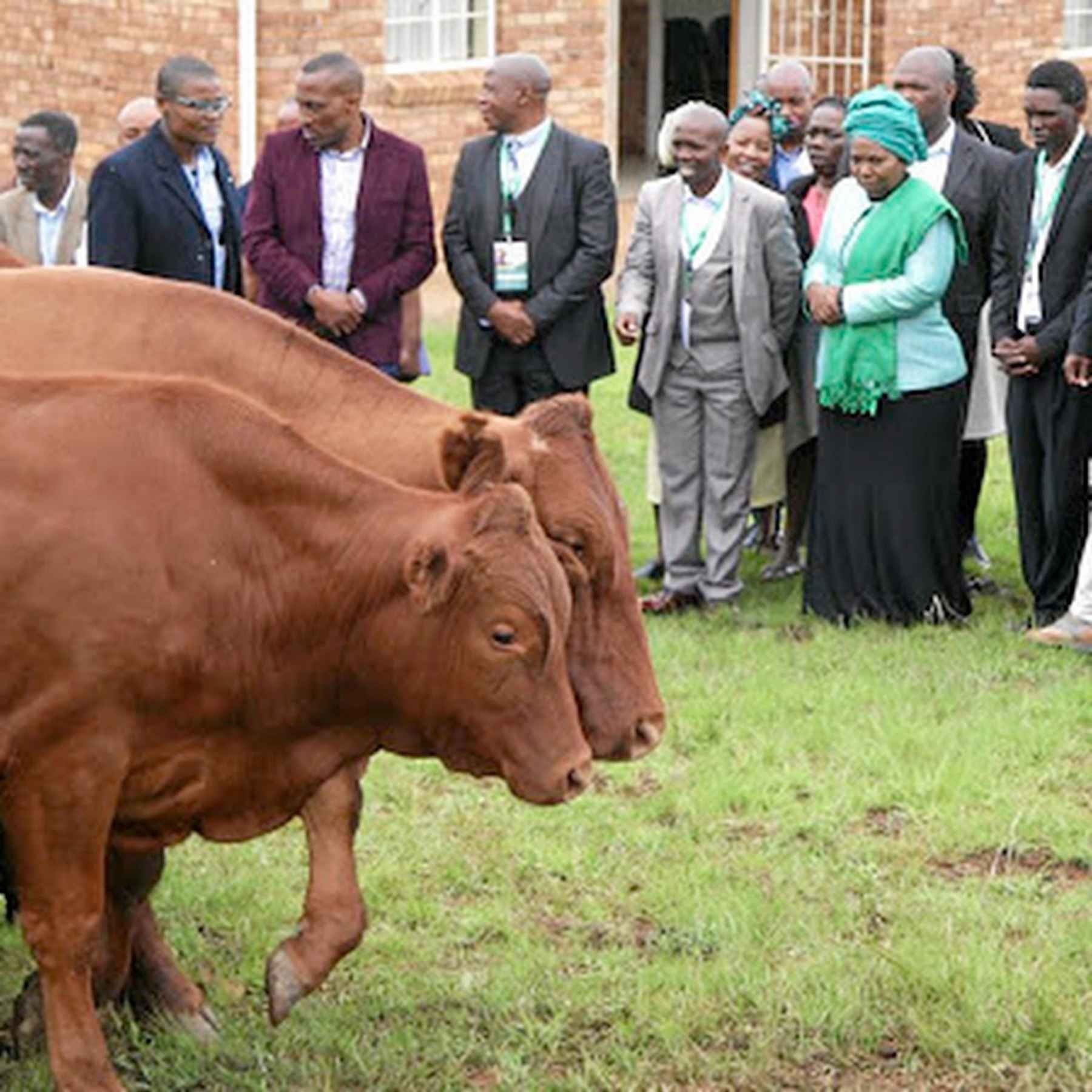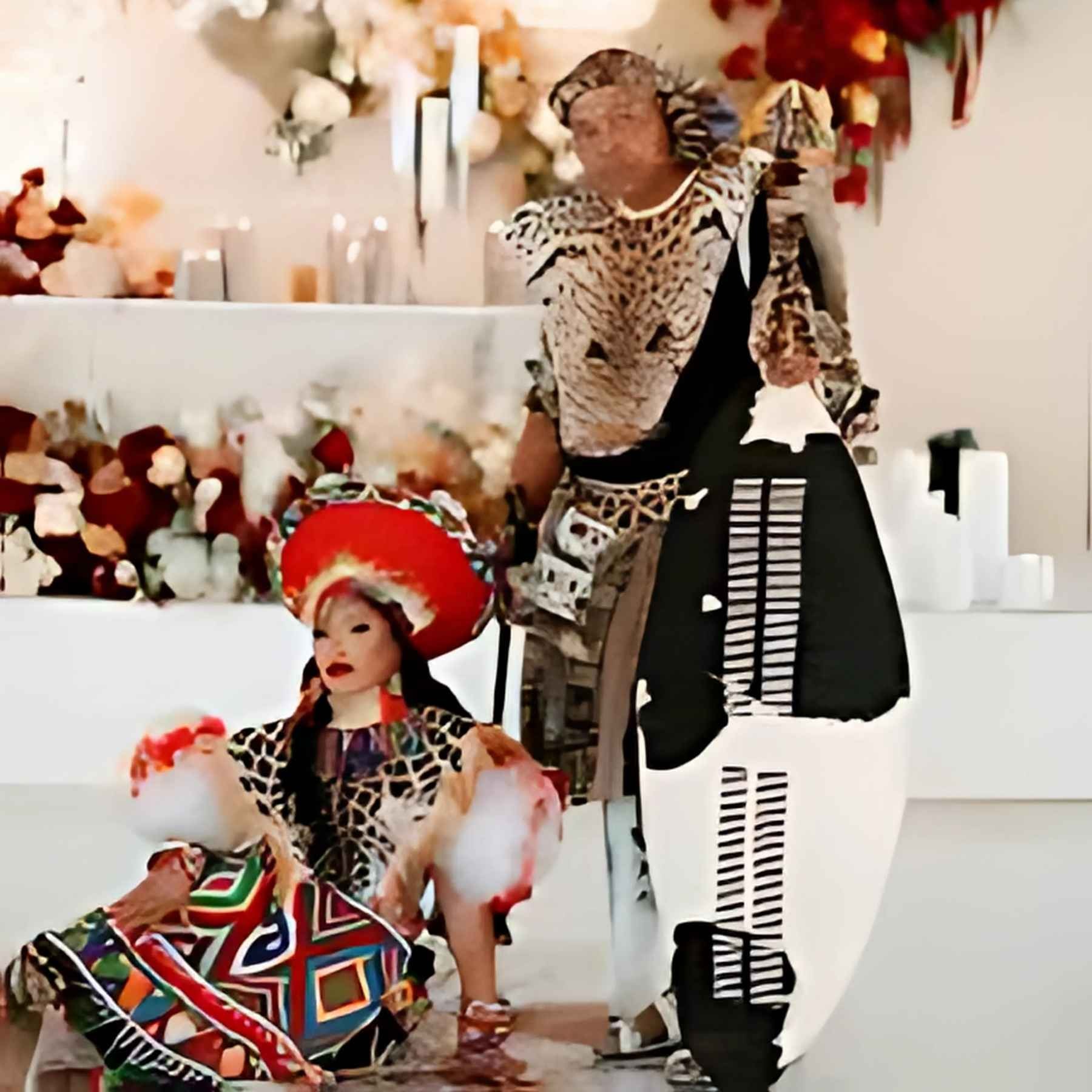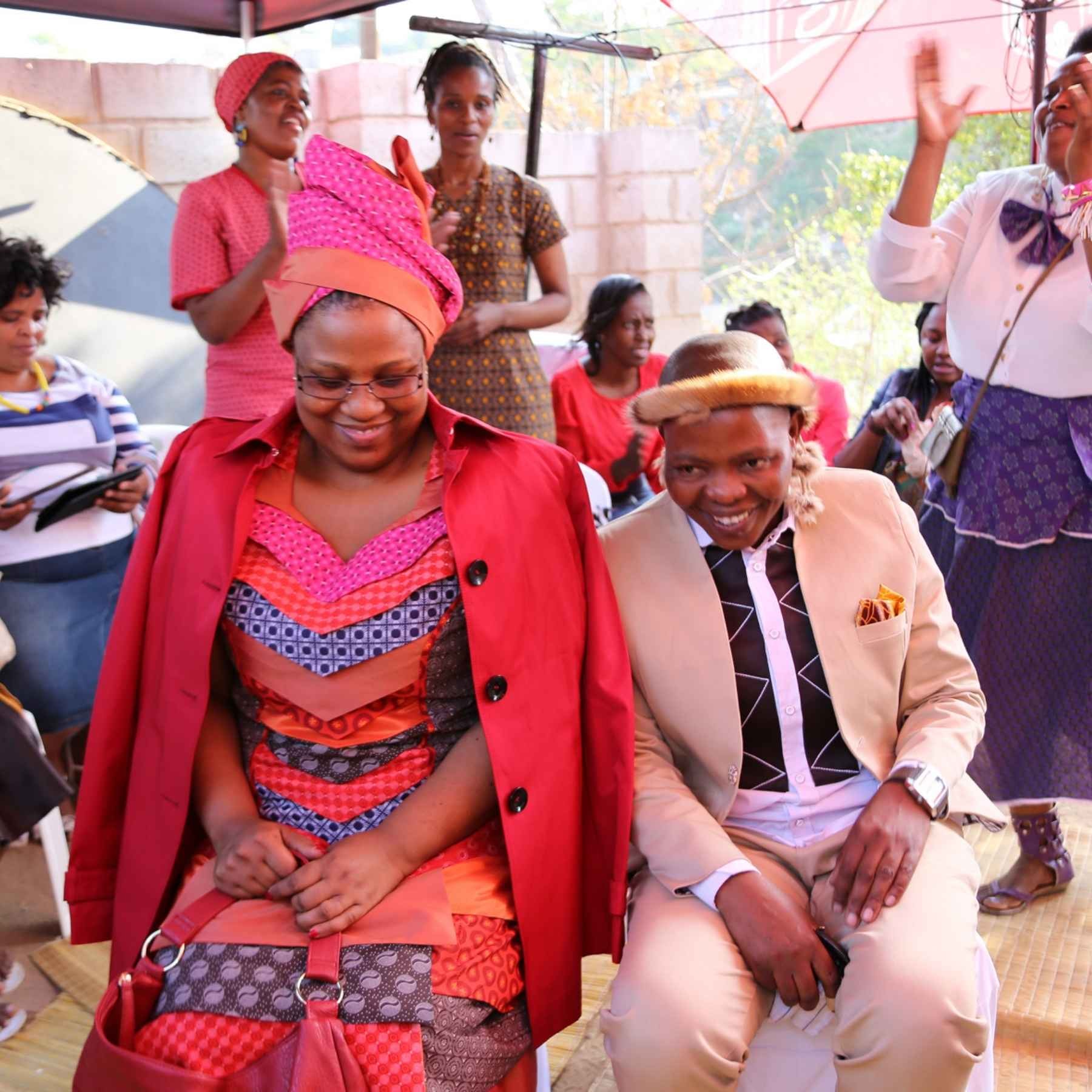
Table of contents
- 1. What is Lobola?
- 2. The Process the two families follow for Lobola Negotiations
- 3. Key Players in Lobola Negotiations
- 4. Payment and its significance
- 5. The Significance of Lobola in African Culture
- 6. The Role of Lobola in Customary Marriage
- 7. Tips for Successful Lobola Negotiations: Dos and Don’ts
- 8. Conclusion
1. What is Lobola?
Lobola (or lobolo), in Southern Africa, is a payment made by the groom and his family to the bride’s family as a means to marriage and way to honor her worth and acknowledge the important role she plays within the new family structure.
This practice is centuries old and is an excellent example of cultural heritage that not only strengthens familial ties but also solidifies relationships between clans, weaving together social fabric through respect for women and acknowledgment of one another’s heritage.

2. The Process the two families follow for Lobola Negotiations
The negotiation process usually involves several key steps that guide the two families toward an agreement.
At the initial meeting, there’s an introduction phase where both families meet (usually uncles) to establish rapport and discuss intentions respectfully.
Then discussions about the lobola amount begin. These are often influenced by factors such as the bride’s education level, number of children, social status, or sometimes her family’s expectations. It’s essential to negotiate with sensitivity; open communication is key to finding common ground while ensuring that everyone involved feels valued.
He then pays a portion of the amount. Following that, another meeting will be arranged where the lobolo payment will be settled by the groom.

3. Key Players in Lobola Negotiations
In negotiations, various participants play crucial roles in facilitating discussions to ensure reaching an agreeable outcome.
Traditionally, there are designated lobola negotiators / representatives from both families—these could be respected elders or community leaders who understand cultural norms deeply and can navigate conversations deftly on behalf of their relatives.
Additionally, immediate family members from both sides often attend these meetings to lend support and provide input based on personal experiences or expectations regarding the marriage alliance being formed. Women have a strong representation in lobola negotiations.

4. Payment and its significance
The payment of lobola is a cornerstone of the tradition, symbolizing the union between the two families. It is not merely a transaction but a profound gesture of respect and commitment to the bride’s family, often referred to as the bride price. Traditionally, lobola was paid in cattle, a practice that underscored the agricultural roots and wealth of the families involved. Today, while cattle are still used in some communities, cash has become a common and acceptable form of payment.
The amount of lobola can vary significantly, influenced by cultural norms and family traditions. In some cultures, lobola is seen as a way to compensate the bride’s family for the loss of their daughter, acknowledging her role and contributions to her family. In others, it is viewed as a symbol of the groom’s dedication and commitment to his future wife and her family.
Regardless of the form it takes, the payment of lobola is a deeply respected tradition that honors the bride and her family. It is a testament to the groom’s willingness to invest in the relationship and to uphold the cultural values that have been passed down through generations. This act of giving is not just about the material exchange but about fostering respect, unity, and mutual appreciation between the two families.

5. The Significance of Lobola in African Culture
Lobola holds significant cultural and symbolic meaning in African societies. It is a tradition that has been practiced for centuries and is deeply rooted in African customs and values. The payment of lobola is not just a financial transaction but also a way of showing respect, gratitude, and commitment to the bride’s family.
In many African cultures, lobola is seen as a way of strengthening family ties and building relationships between families. It is also a way of acknowledging the importance of women in African society, as the bride’s family is recognized and respected for their role in raising and nurturing their daughter. This practice highlights the reverence for women and their contributions to the family and community.
Furthermore, lobola is a symbol of the union between two families and is often seen as a way of bringing people together. It is a celebration of love, commitment, and family, and is an essential part of African cultural heritage. The act of giving lobola fosters unity and mutual respect, reinforcing the cultural values that have been passed down through generations.

6. The Role of Lobola in Customary Marriage
Lobola plays a pivotal role in customary marriage, serving as an essential step in the process of getting married under customary law. The payment of lobola is a clear indication of the groom’s commitment to his future wife and her family, and it is seen as a way to strengthen the bond between the two families. In southern Africa, lobola is an integral part of the marriage tradition, reflecting the cultural values of respect, family ties and mutual respect.
The Recognition of Customary Marriages Act 120 of 1998 (RCMA) defines lobola as “property in cash or in-kind which a prospective husband or the head of his family undertakes to give to the head of the prospective wife’s family in consideration of a customary marriage.” This legal recognition underscores the importance of lobola in formalizing a customary marriage.
By fulfilling the lobola requirement, the groom demonstrates his respect for the bride’s family and his readiness to integrate into their cultural framework. This act not only solidifies the marriage but also ensures that the union is recognized and respected within the community.

7. Tips for Successful Lobola Negotiations: Dos and Don’ts
Lobola negotiations can be a challenging and delicate process, requiring respect, dignity, and open communication. Here are some tips for successful lobola negotiations:
DO:
Approach the negotiations with respect and dignity, recognizing the cultural significance of the tradition.
Communicate openly and honestly with the bride’s family, ensuring that all parties are clear on the terms of the agreement.
Explore the cultural and family traditions surrounding lobola, to ensure that the payment is made in a way that is respectful and meaningful.
Consider the financial implications of the lobola payment, and ensure that you have the money
DON’T:
View the lobola payment as a purchase or a way to “buy” the bride.
Disrespect the cultural traditions and customs surrounding lobola.
Fail to communicate openly and honestly with the bride’s family, leading to misunderstandings and disputes.
By following these tips, couples can ensure that their lobola negotiations are successful and respectful, strengthening the bond between the two families and setting the foundation for a strong and healthy marriage.

8. Conclusion
In summary a lobola negotiation
begins with the delivery of a Lobola Letter to the bride’s family to signal intentions,
arrangement of a date to discuss lobola,
the groom’s family visiting the bride’s family to strengthen family ties,
negotiation of the actual lobola amount in cash or cattle,
reaching agreement,
partial payment of the lobola amount,
arrangement of a date to pay the remainder of the lobola amount,
payment of the remaining lobola amount and
finally, a celebration.